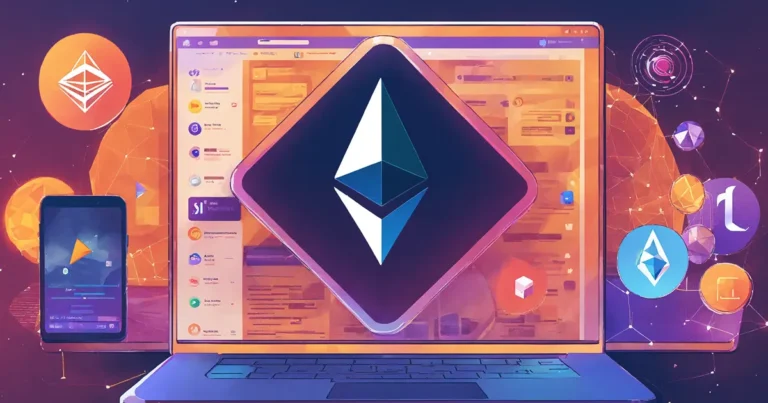23-4-2025 – In a development for Ethereum’s scaling ecosystem, Scroll, a prominent Layer 2 solution, has unveiled a transformative upgrade named Euclid, heralded as the most significant protocol evolution since its mainnet debut. Announced on Wednesday, this overhaul promises to slash transaction fees by an impressive 90%, while bolstering network performance and fortifying security measures. The upgrade arrives at a pivotal moment for Ethereum, as its Layer 2 networks strive to address mounting competition from rival Layer 1 blockchains like Solana, amid ongoing debates over the efficacy of Ethereum’s rollup-focused scaling strategy.
The Euclid upgrade introduces a suite of sophisticated enhancements, fundamentally reshaping Scroll’s zero-knowledge (ZK) rollup architecture. Central to the update is the adoption of a new OpenVM prover, designed to streamline transaction verification with more efficient, auditable code. This shift eliminates the circuit capacity checker—a previous constraint on transaction throughput—paving the way for markedly faster processing speeds. Additionally, Scroll will transition to Merkle-Patricia Trie (MPT) state commitments, aligning with Ethereum’s native framework to enhance sequencer efficiency and simplify the development of decentralised applications.
Further elevating its capabilities, Scroll’s upgrade incorporates support for EIP-7702, an Ethereum Improvement Proposal poised to introduce account abstraction by enabling Externally Owned Accounts to function as smart contracts. This innovation promises greater flexibility for users through a novel transaction type. Complementing this is the integration of RIP-7212, the inaugural Rollup Improvement Proposal, which bolsters security with features such as biometric authentication and additional account abstraction functionalities.
The upgrade positions Scroll as “Stage-1 ready,” a designation articulated by Ethereum co-founder Vitalik Buterin and L2BEAT to signify a Layer 2’s progression towards decentralisation while upholding Ethereum’s robust security standards. This milestone reflects Scroll’s reduced dependence on centralised components, such as sequencers and proof systems, which are critical for batching transactions and enabling dispute mechanisms. By phasing out its existing halo2 circuits—zero-knowledge proof systems tailored for Scroll’s zkEVM—Euclid ensures compatibility with complex transactions, further enhancing the network’s scalability.
Scroll’s advancements come in the wake of its recent governance token airdrop in October, which distributed 7% of its SCR token supply in a $77 million community initiative. The move sparked some controversy, with critics arguing it disproportionately favoured large-scale holders and Binance users, according to reports at the time. Nevertheless, the Euclid upgrade underscores Scroll’s commitment to refining its infrastructure and reinforcing Ethereum’s Layer 2 ecosystem, as it navigates the challenges of cost, speed, and decentralisation in a fiercely competitive blockchain landscape.


